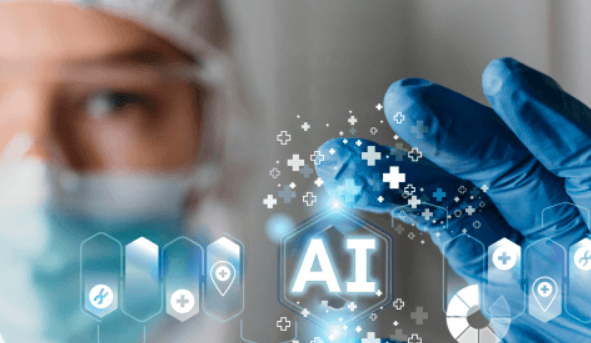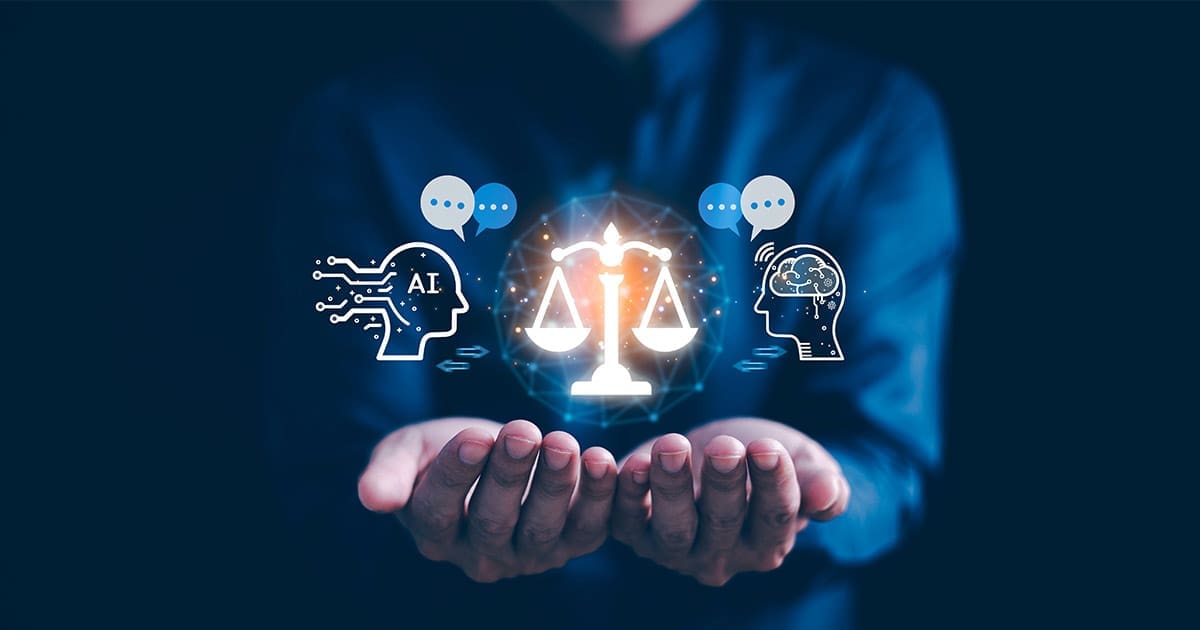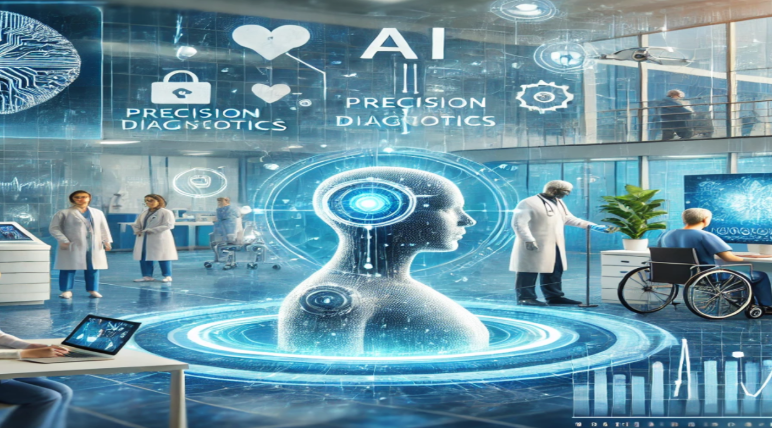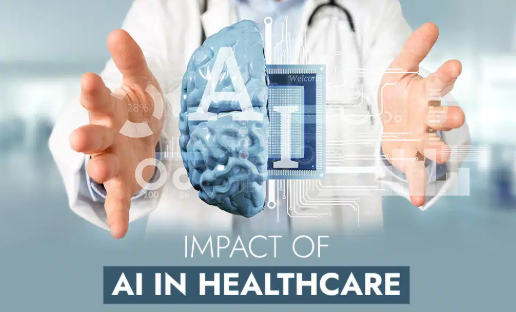Artificial Intelligence is transforming the healthcare industry with innovations that improve diagnosis, patient care, treatment planning, and operational efficiency. From hospitals to home care, AI is shaping the future of medical technology. Here are the top trends driving AI in healthcare today.
1. AI-Powered Medical Imaging
AI is revolutionizing diagnostic imaging by helping detect abnormalities in X-rays, MRIs, and CT scans. AI models can identify conditions like tumors, fractures, or strokes with high accuracy and speed, supporting radiologists in making faster and more precise diagnoses.
2. Predictive Analytics for Disease Prevention
Healthcare providers are using AI to predict the risk of diseases such as diabetes, heart conditions, or cancer by analyzing patient history, lifestyle, and genetic data. These insights help in early intervention and preventive care.
3. Virtual Health Assistants and Chatbots
AI-powered chatbots assist patients with scheduling appointments, answering health-related queries, and providing post-treatment follow-up. Virtual assistants are enhancing accessibility, especially in remote areas with limited healthcare infrastructure.
4. Personalized Treatment Plans
AI can tailor treatment plans based on a patient’s unique genetic makeup, lifestyle, and health data. This approach improves patient outcomes, especially in fields like oncology, where treatment needs to be precise and adaptive.
5. AI in Drug Discovery
Generative AI and machine learning are significantly reducing the time and cost involved in drug development. AI can predict how different compounds will interact with diseases, leading to faster innovation and approval of new medicines.
6. Remote Patient Monitoring and Wearables
Smart devices and wearable sensors collect real-time health data like heart rate, blood pressure, and glucose levels. AI analyzes this data to alert healthcare providers and patients about abnormalities before a critical event occurs.
7. Natural Language Processing (NLP) in Clinical Documentation
NLP is helping convert doctor-patient conversations into structured clinical notes. It automates medical record-keeping, reduces paperwork, and helps doctors focus more on patient care.
8. Robotic Surgery with AI Assistance
AI-assisted robots are enhancing precision in surgeries. These systems provide real-time feedback and assist in minimally invasive procedures, leading to shorter recovery times and improved outcomes.
9. AI for Administrative Automation
AI is streamlining hospital operations—like billing, claim processing, and inventory management—by reducing errors and saving time, ultimately lowering administrative costs.
10. Ethical AI and Data Security in Healthcare
As AI adoption grows, so does the focus on ethical AI use, data privacy, and compliance with regulations like HIPAA. Secure data handling and transparent AI models are critical trends shaping future development.
Conclusion
AI is no longer just a futuristic idea in healthcare—it’s a present-day tool making medicine smarter, faster, and more efficient. As these trends continue to grow, healthcare will become more predictive, personalized, and patient-focused.







Leave feedback about this